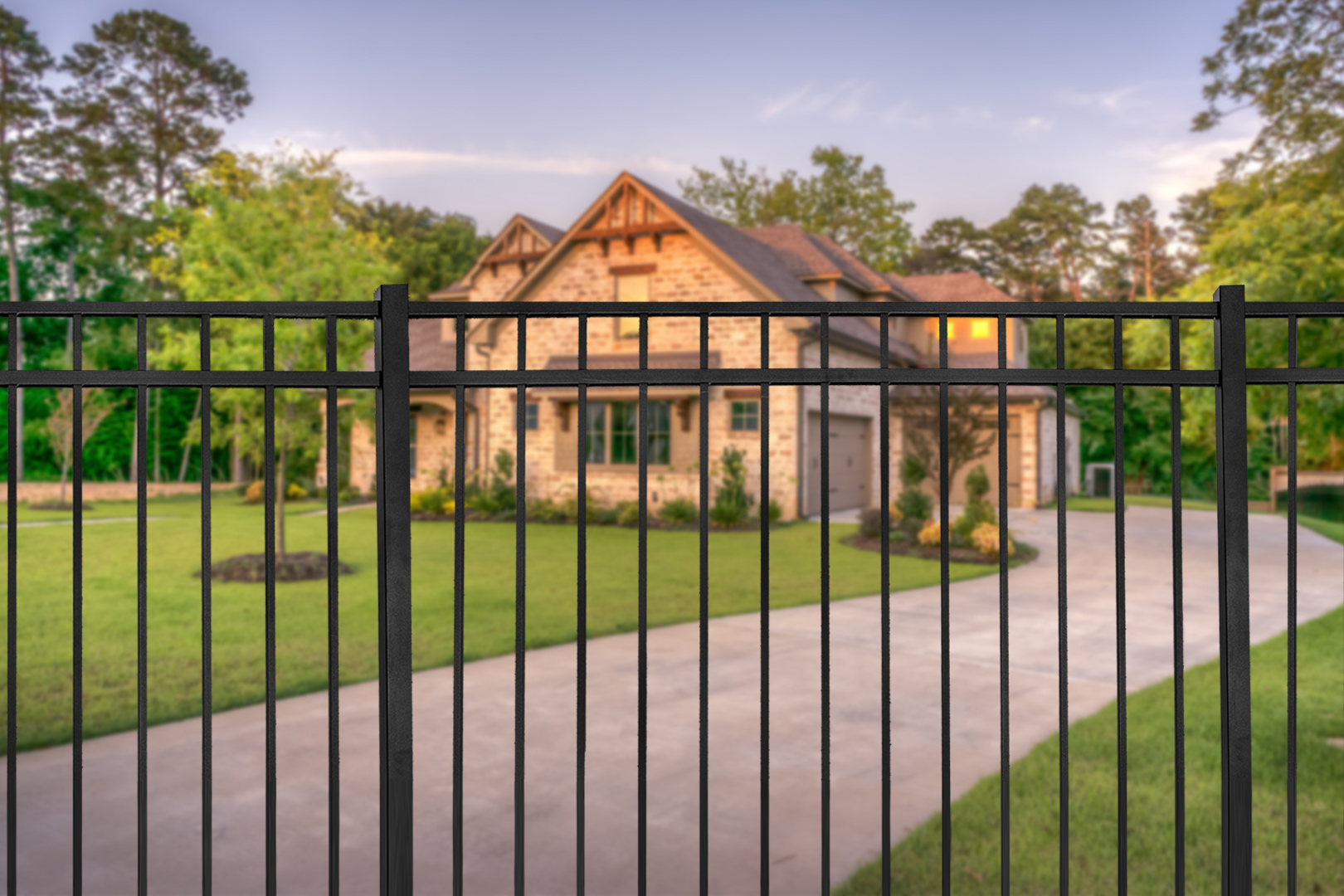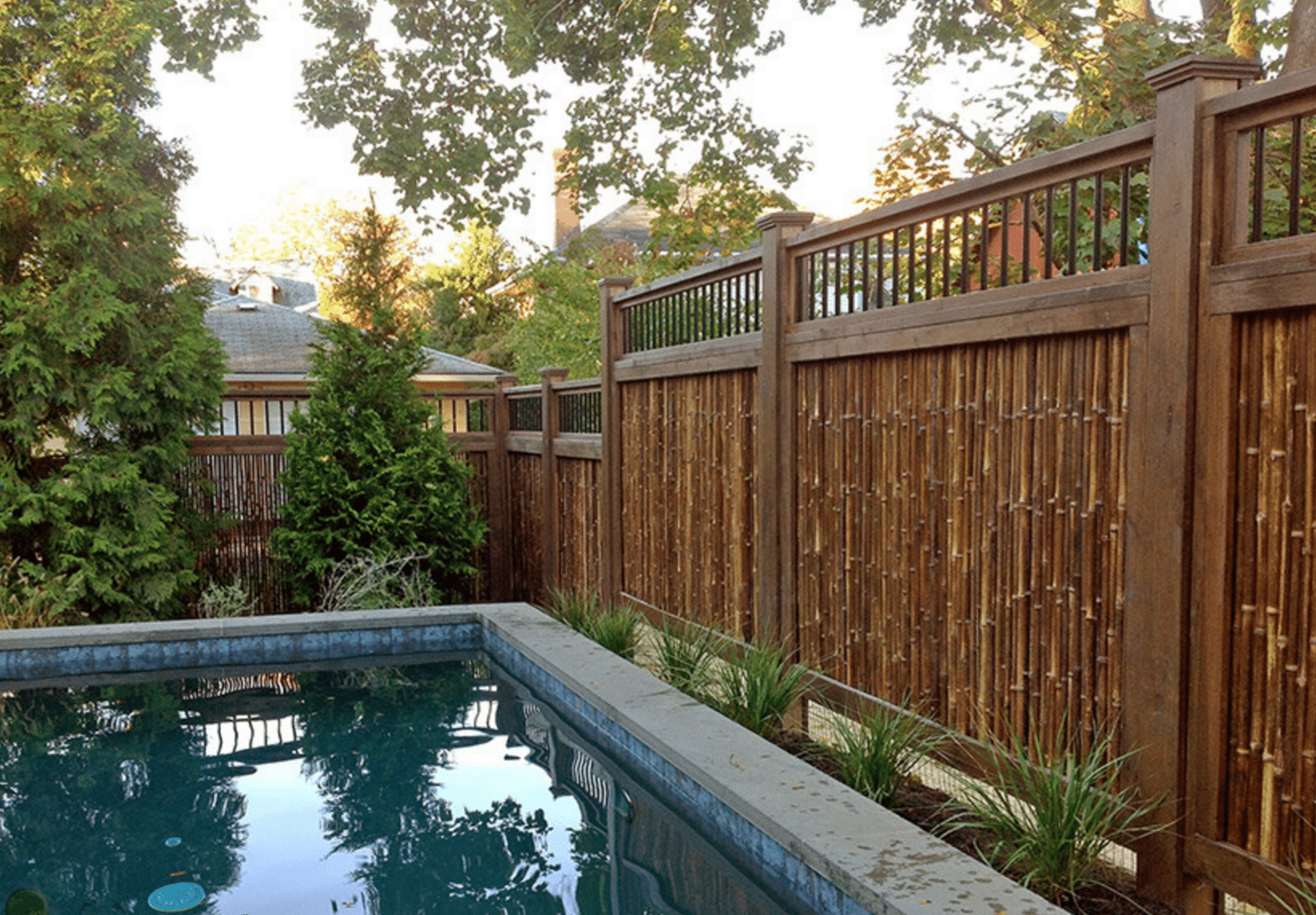All Categories
Featured

Picking the best fence material is vital for attaining the equilibrium of durability, aesthetic appeals, and performance that suits your residential property. Timber, vinyl, and light weight aluminum are preferred selections, each with one-of-a-kind attributes that satisfy specific needs. Here's an extensive check out the benefits and negative aspects of these 3 products.
Wood Secure Fencing. Pros:. Classic Allure: Timber supplies a natural, traditional appearance that matches numerous architectural designs. Personalized: It can be repainted or tarnished in a selection of designs and colors. Affordable: Timber fencings are typically less costly in advance than plastic or light weight aluminum. Eco-Friendly: As an eco-friendly resource, wood is eco-friendly and sustainable when sourced sensibly. Cons:. Maintenance-Intensive: Needs routine discoloration, paint, or securing to secure versus weather and insects. Much Shorter Life-span: Relying on the sort of timber and climate, it typically lasts 10-15 years. Vulnerability to Damages: Prone to rotting, warping, and termite damage without appropriate care. Timber is excellent for homeowners who value appearances and agree to invest effort and time in maintenance to prolong its life.
Vinyl Fence. Pros:. Long lasting: Immune to pests, rot, and climate, vinyl maintains its structure in extreme conditions. Reduced Upkeep: Calls for little upkeep beyond occasional cleansing. Lengthy Lifespan: Plastic can last 20-30 years without considerable wear or damage. Flexible Designs: Offered in various shades, appearances, and designs, including options that imitate timber. Disadvantages:. Expensive Installation: Vinyl fences are a lot more costly to mount contrasted to wood. Fragile in Winter: Vinyl can crack in extreme cool climates. Difficult to Repair work: If harmed, whole sections may require replacement, which can be testing to match. Vinyl fence is a terrific choice for those focusing on long life and very little upkeep, even if it includes a higher upfront price.

Light Weight Aluminum Fence. Pros:. Rust-Resistant: Aluminum does not rust, making it perfect for wet or damp locations. Solid yet light-weight: Deals toughness without being extremely heavy, which streamlines installation. Low Maintenance: Needs bit greater than cleansing and occasional repainting. Long life: Light weight aluminum fencings can last for years without considerable deterioration. Elegant Styles: Commonly utilized for decorative functions, aluminum includes class to any property. Disadvantages:. High First Cost: Aluminum fences are among the extra expensive options. Restricted Privacy: Often designed with open rooms, they do not obstruct views or noise. At risk to Dents: While tough, light weight aluminum can be nicked or curved with hefty influence. Aluminum is ideal matched for those that desire a resilient, fashionable fencing and don't call for total personal privacy.
Making the Right Option. Each material has its toughness and weak points:

Wood is excellent for eco-conscious customers and conventional appearances that don't mind upkeep. Plastic benefits house owners looking for a weather-resistant, low-maintenance remedy. Light weight aluminum is a resilient, ornamental option for those who want elegance and durability. Consider your concerns-- whether it's expense, personal privacy, look, or upkeep-- and consult a fencing expert to choose the product that best meets your demands. A well-selected fencing will improve your residential or commercial property for several years ahead.
Latest Posts
Recognizing When Your Car Needs Skilled Auto Repair at Montclare Auto Repair
Published May 24, 25
1 min read
Learn About Exceptional Auto Repair Services in Chicago – Expert Care for Your Vehicle
Published May 23, 25
1 min read
Boost Your Home's Exterior with Weathercraft's Exterior siding Solutions
Published May 22, 25
1 min read
More
Latest Posts
Recognizing When Your Car Needs Skilled Auto Repair at Montclare Auto Repair
Published May 24, 25
1 min read
Learn About Exceptional Auto Repair Services in Chicago – Expert Care for Your Vehicle
Published May 23, 25
1 min read
Boost Your Home's Exterior with Weathercraft's Exterior siding Solutions
Published May 22, 25
1 min read